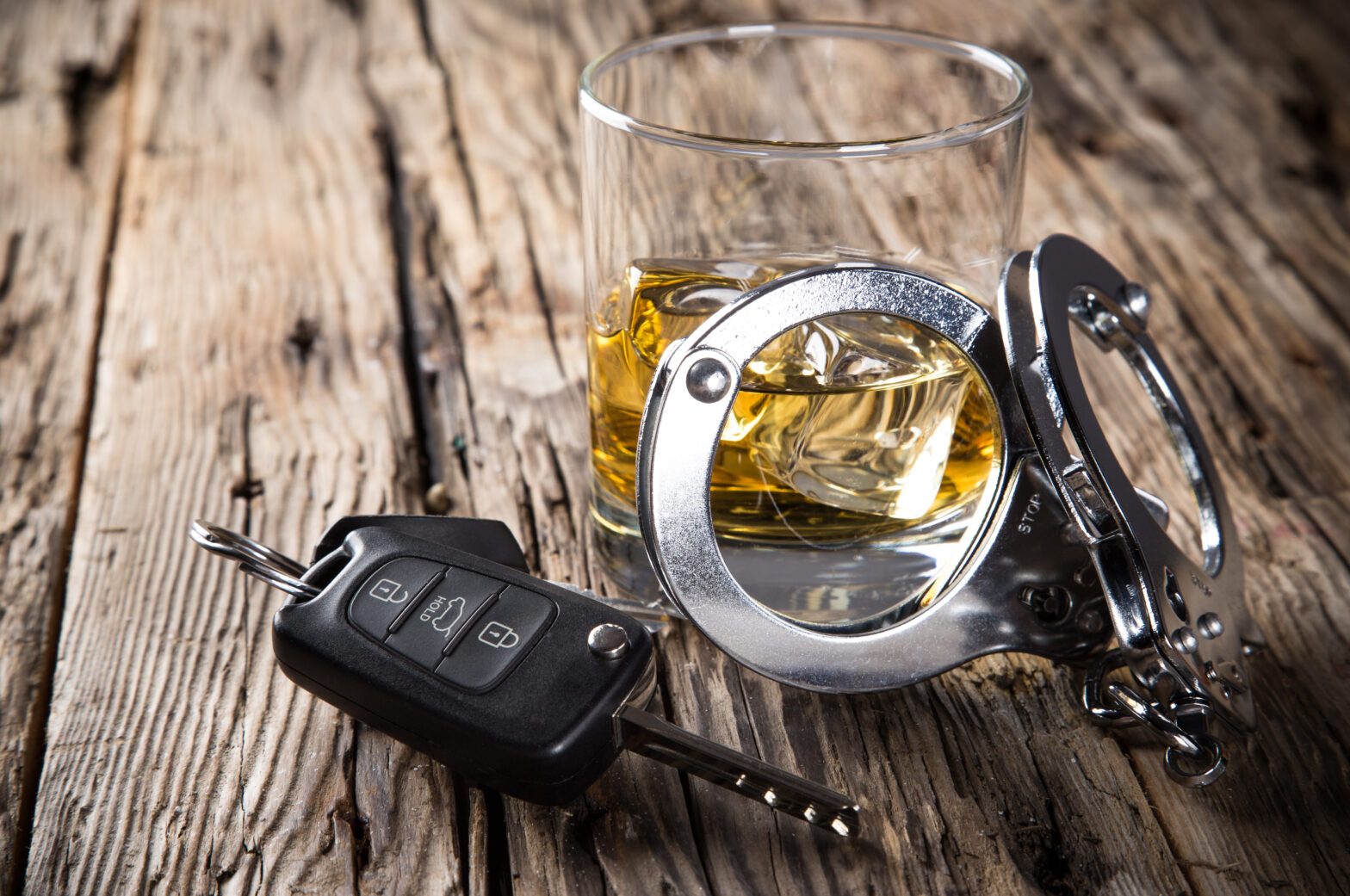These days everyone is aware of the impact drugs and alcohol can have on the workplace environment and most, if not all, companies will have a strict drugs and alcohol policy in place. Societal use of drugs and alcohol has undergone a dramatic change in recent years in terms of attitude towards drink driving and drug use as well as the introduction of so-called legal highs, so it’s important to also look at how an employee’s use of substances outside the workplace can have drastic implications within.
Danny Clarke, group operations director for the ELAS Group, explains, ‘Most people these days know the dangers of drinking and driving and will make alternative arrangements to get home ahead of a big night out. Few people, however, consider how long it takes alcohol to leave their system and there’s a good chance that someone may still be over the legal limit when driving to work in the morning.
‘People sometimes raise questions about activities that are undertaken outside of work and why they would have an impact on work so it’s important to look closer at the issue.
‘We recently came across an example where a company had a warehouse operative whose role included fork lift truck driving. The fork lift is not road registered and he only drives it within the confines of the business premises. The employee was convicted of drug driving and received a 22 month driving ban; this did not directly affect his employment as he did not have to drive a company vehicle in his role. However, when his MD mentioned the driving ban to the company insurer at renewal time he was told that they could not insure the employee to drive the forklift as his drug use made him an unacceptable risk. The employer was left with no other alternative but to terminate the employee as he was not legally able to carry out his duties due to lack of insurance.
“Statistics show that four drivers a day are being convicted of drug driving offences so it surprises me that organisations aren’t doing more to ensure that the people who drive for their business are fit to do so. When you consider that roadside drug driving tests only screen for cocaine and cannabis it begs the question of how many convictions would there be if people were tested for a wider panel?’
Clarke continues, ‘It’s also important for employers to look at the contributory factors associated with drink and drug abuse in the workplace and ensure they are managing them effectively.
‘Workplace testing has been used for decades but we’ve also seen drug and alcohol usage dramatically increase over this time as well. Companies need to remember that while testing can be used to identify those who come to work whilst impaired, it’s just as important to take a proactive approach to the issue, educating employees and minimising the chance of them taking the risk of coming to work whilst under the influence of drugs or alcohol.
‘Our advice to clients and employees is relatively straightforward – what people get up to outside of work should not have any impact on the workplace. However, if the employee’s outside work activities raise health and safety concerns or risks when they are back on company premises, or undertaking work on behalf of the company, then the company will be left in a position whereby they need to take steps to control or reduce these risks.’
He concludes, ‘There are very severe penalties for employers who fail to prevent accidents caused by the actions of an employee. It’s a legal requirement for companies to have a health and safety policy in place and we have seen a huge increase in the number of insurers that are making it a requirement to have a drug and alcohol policy as well. Being under the influence can impair a person’s ability to carry out their duties; when they are in charge of heavy equipment e.g. a fork lift then there is a genuine risk to those around them. Our experience has found that those companies which have a well defined drug and alcohol policy in place backed up by training, education and a well defined screening process often get a better rate of insurance. By proving that they are able to reduce the risk of drug and alcohol related workplace accidents, the insurance that would cover these is also reduced thereby saving you money.’





